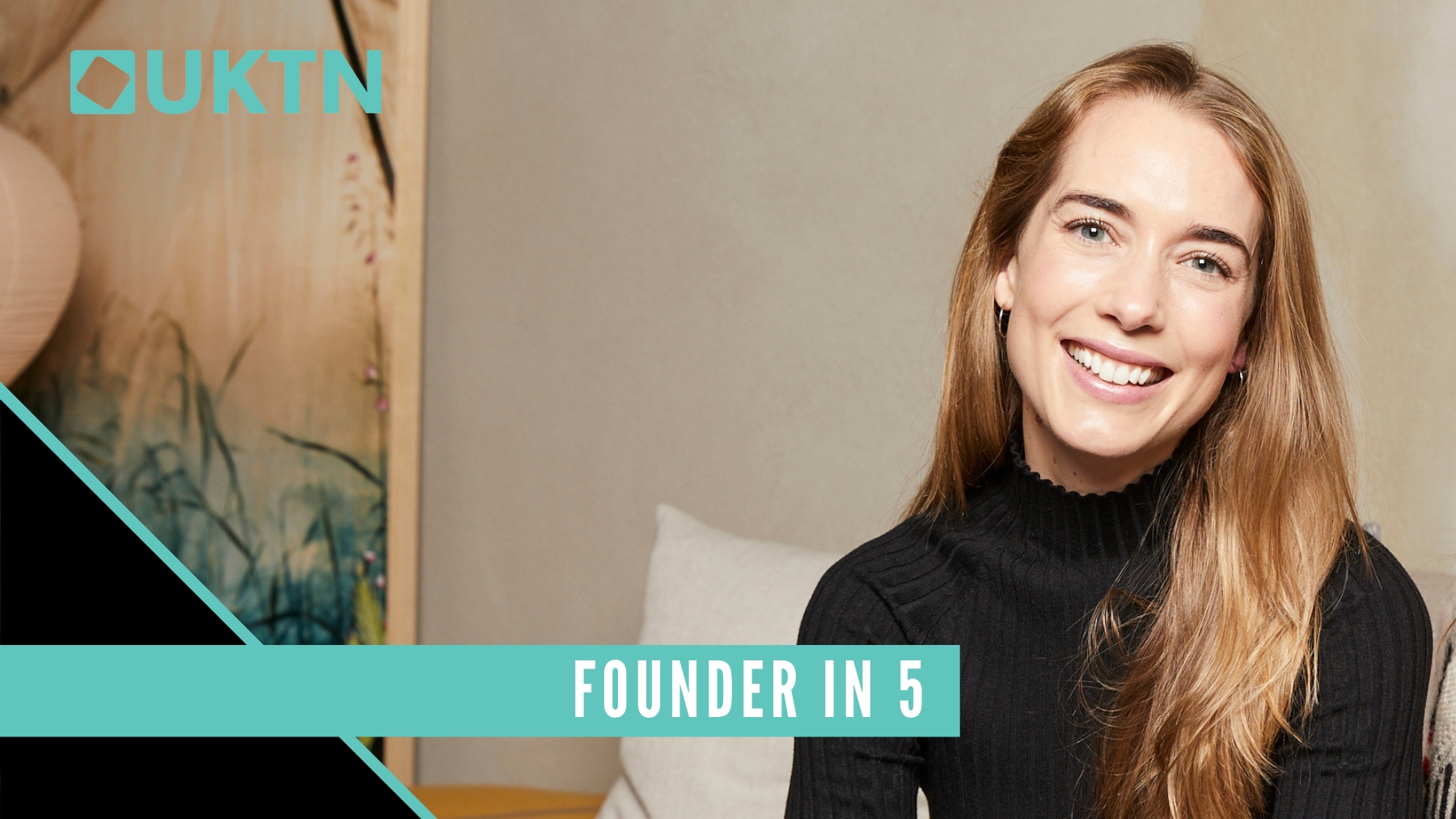Olga Beck-Friis is the COO and co-founder of PocketLaw, a legal tech company that provides tools to automate the creation and management of contracts.
PocketLaw was founded in 2018 in Sweden by Beck-Friis and Kira Unger. The pair bring experience from consulting firm McKinsey & Company and law firm Mannheimer Swartling.
The legal tech company is now jointly headquartered in Stockholm and London. It has secured €12m (£10.3m) in funding to date, receiving backing from VC firm Atomico and angel investors from companies including Personio, Pitch, Pleo, and Gainsight.
The company says thousands of SMEs and larger businesses across the UK and Europe use its contract workflow software, including mobility firm Voi and healthcare company Kry/Livi.
In this week’s Founder in Five Q&A, Beck-Friis explains why you should meet investors you “least desire” for your cap table first, why you should avoid hiring too many junior people, and reveals a simple trick for preventing burnout.
1. What funding advice would you give to a first-time founder?
Olga Beck-Friis: Three things. Firstly, start your fundraising campaign earlier than when you actually need the money, and make sure to establish connections with investors long before the round kicks off, so they already know much about the progress of your company, and the actual fundraising process can be smoother and more efficient. Also, it’s much nicer to get to know each other outside of an actual process.
Secondly, make sure to be well-prepared, with the typical materials and data required, so that when you officially kick off the fundraising process, you don’t have any blockers from your side. Our due diligence process actually took a record-breaking 10 days from signing the term sheet to closing the round. Of course, we had prepared all the documentation in PocketLaw.
And thirdly, meet with a long list of investors, and start with the ones you least desire to get on your cap table. That gives you a chance to prepare with the right arguments and challenging questions before you meet with the ones you actually want.
2. What’s a common mistake that you see founders make?
OBF: Hire too many junior people, particularly into leadership roles, and not investing in experience to set excellent standards. In the beginning, experience and seniority are almost as important as attitude and grit.
A lot can be learnt on the job, and doing things 100% right is not as important as actually getting the job done. It’s dangerous to continue to live by this rule however when your company grows, as it’s neither sustainable nor scalable.
Your processes need perfecting and your growing team needs leadership. This very often correlates with experience. Particularly the leadership part. Bringing in more experienced leaders in each key department will set excellent standards and hire even more exceptional people to do the groundwork. The team is only as strong as its weakest link.
3) How do you motivate your team?
OBF: I keep on reminding them of why we are here, of the pains we solve for, and for who. I don’t believe people only follow money or forecasts – people follow strong leaders that can motivate why the journey means something, and how they all contribute to it.
I also believe motivation comes from holding everyone accountable for being excellent. When we each hold ourselves and others to account for being exceptional, it’s easy to be motivated. It takes courage, an open mindset and hard work.
4. How do you prevent burnout?
OBF: Hanging out daily with my 2.5-year-old son prevents me from not burning out (even if it’s a lot of work, too!). He makes me laugh, gives me so much love and keeps me grounded by forcing me to switch off everything else when we are together. I believe that finding something in your daily life that makes you happy and forces your mind to focus on something else besides work – exercising, cooking, reading, or hanging out with friends – helps prevent burnout.
Another simple trick that really works is to turn off notifications. During weekends, all my apps besides text messages are switched off. It helps you stay in control; you choose yourself when you want to think about work.
5. Excluding your sector, which nascent technology holds the most promise?
OBF: Generative AI (although not necessarily new) enhances human capabilities and will therefore drive innovation at a much higher scale than ever before. Generative AI is often compared to the dawn of the internet, but I would argue that it is more closely related to the operating system.
Generative AI, in itself, is not a product. It’s the application of AI that makes the product. I think OpenAI clearly demonstrates this, as it has opened up the doors for what is possible with cutting-edge technology by introducing such a simple application as ChatGPT.
People that barely knew what the abbreviation “AI” meant are now calling themselves “prompt engineers” and experts. This is proof of excitement around this technology. Excitement drives innovation.
Founder in Five – a UKTN Q&A series with the entrepreneurs behind the UK’s innovative tech startups, scaleups and unicorns – is published every Friday.
The post PocketLaw co-founder: Prioritise experience for leadership roles at your startup appeared first on UKTN | UK Tech News.



